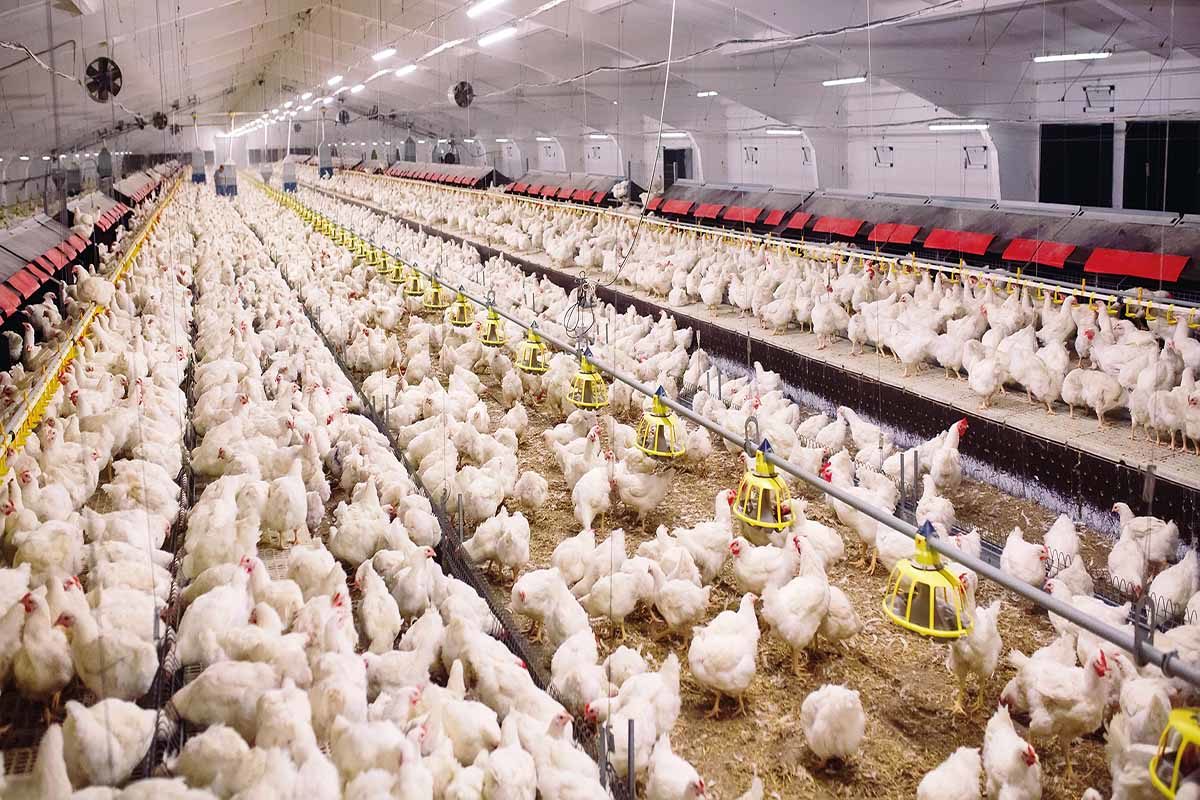
Olivia Edwards reviews Geographical’s book of the month for June 2022 – Regenesis by George Monbiot
Since working on his small shared orchard in Oxford – growing heritage fruit varieties – George Monbiot has begun to notice the weather patterns changing: the longer, drier droughts, the increasingly heavy deluges of rain. ‘[It] reminds me every day of the constraints of biology and climate, and of the way these constraints have begun to flicker.’ He believes that if we’re going to be able to feed a future world, things need to change, and in Regenesis, he outlines a few ways in which that might start to happen.
First there needs to be a focus on the soil –‘that fragile cushion between rock and air’ on which roughly 99 per cent of our food production is dependent. And next, perhaps an Earth Rover Programme that would enable scientists to understand in fine-grained detail the ecology of every agricultural soil on the planet, and how each one might be utilised. Yes, it would be expensive, but far less expensive than the Mars Exploration Program, writes Monbiot, and perhaps it makes more sense to try to maintain the habitability of this planet, rather than banking on a last-minute flight to another.
Incredibly, despite our dependence on it, we don’t even really know what soil is. It was only in 2020 that a first theory of soil was tentatively put forward and it began to be defined as something microbes make by sticking particles together with cements they excrete, in order to create a habitat for themselves. ‘[It] does not exist for our benefit,’ Monbiot reminds us. It’s an extremely complex system that, like all complex systems, begins to self organise and respond in spontaneous and non-linear ways. It can’t be controlled in a top-down way. We can’t just count on it always being there and we need to understand it and work with it.
Monbiot meets some of the pioneering eco-farmers exploring new ways of doing this – those feeding their crops only the plant-derived nutrients they absolutely need so their farms aren’t dependent on ghost acres elsewhere, and the no-till pioneers who don’t believe in ploughing. Leave the soil alone and the earthworms should do the job for you, creating metres-deep burrows that allow soil aeration and hydration so plants can thrive – areas with earthworms produce 25 per cent higher crop yields than areas without.
One of arable farming’s issues is its reliance on annual crops. These are the descendants of plant species that specialised in colonising ground that has been exposed by some sort of catastrophe – fires, floods, landslides, volcanic eruptions and the like. Early farmers understandably chose to cultivate these plants as they’re fast growing and channel their energy into producing seeds. But, problematically, they require modern-day farmers to keep land in a post-catastrophic state, continually breaking and wreaking violence on a thin sliver of soil in order to produce a harvest.
Perennial crops could be part of the answer, ensuring less erosion and more carbon retention. And the results are looking promising: 7,000 hectares of China are already growing perennial rice and Monbiot describes making a loaf of bread with another perennial cereal crop, kernza, which he declares one of the tastiest loaves he’s ever eaten – ‘rich and slightly nutty’.
But none of this will make enough of a difference if we don’t stop eating animals, Monbiot insists. We have to find another source of fat and protein. A global plant-based diet could see 76 per cent of farmed land released from agriculture’s grip – as well as enormous decreases in pollution and potential gains associated with the slowing down of antibiotic resistance. It’s the only way that we can stop sacrificing ‘the living world on the altar of our appetites’, he concludes.
The answer to how Monbiot sees this being achieved – microbially produced protein – won’t appeal to all, but when it’s emphasised that many of the 66 billion chickens slaughtered annually – that’s almost eight for every human on Earth – are used to provide a bland, virtually tasteless meat that can be easily flavoured with sauces, it becomes self-evident that microbially produced protein could probably fill this role just as well, with far less cruelty.
Monbiot has his detractors of course. Not everyone will agree with his critique of farmers and the current subsidy system, and many would be sad to see a rural landscape without livestock. Plenty more will be put off by the thought of a protein-producing system that’s separate from the wholesome nourishment of the land. But his are robust and well-researched arguments that set out a new vision for feeding the world, one that doesn’t rely on a sentimentalised notion of farming that often has little resemblance to the present-day realities. And, if nothing else, Regenesis opens up a vital debate about how to protect a precious substance on which we’re so reliant and yet is so little talked about – soil, the most fecund and beautiful of dirty words.




